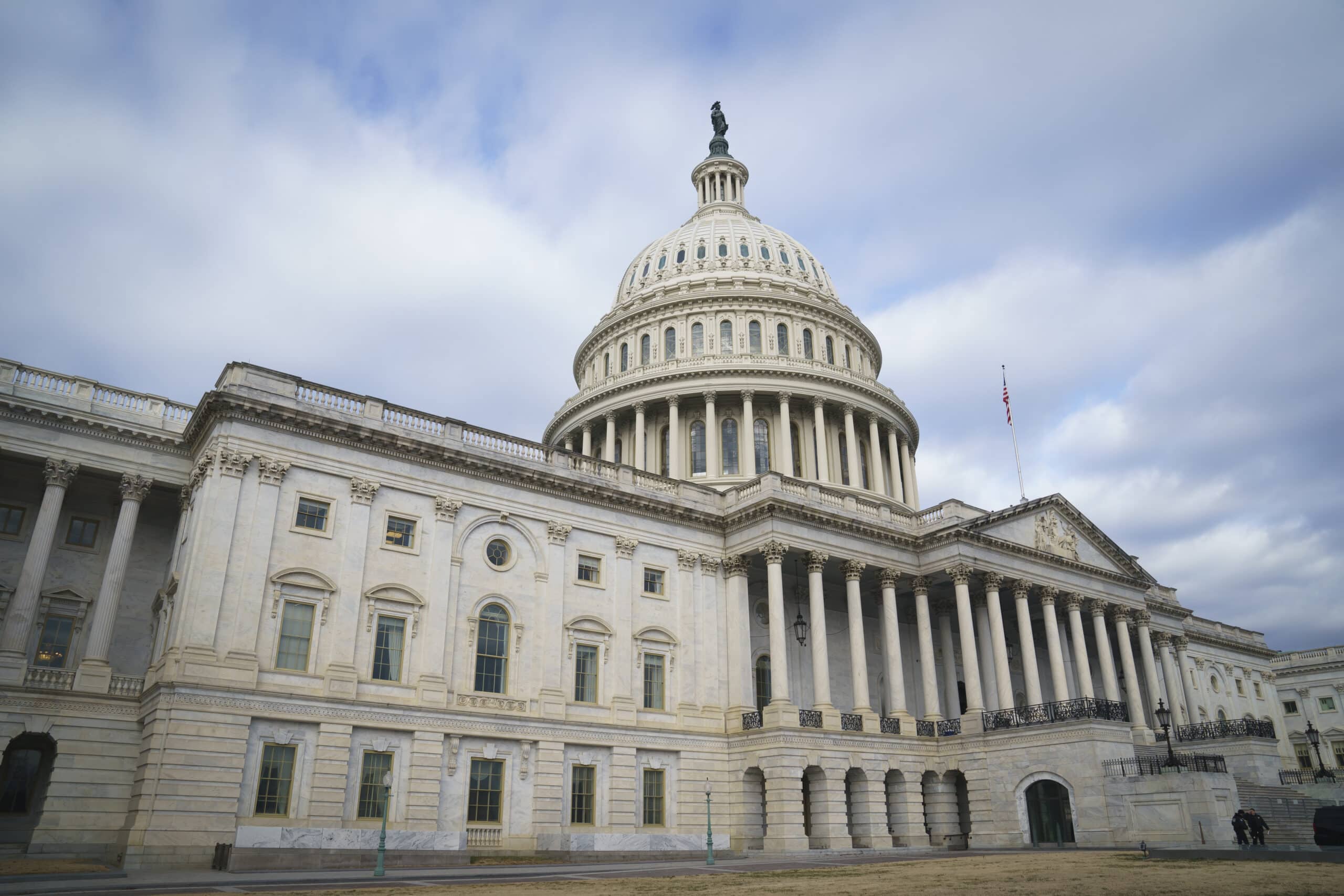On Thursday, the House Committee on Education and Labor will consider a potentially watershed piece of legislation that would prohibit college athletes from ever being deemed employees.
The four-page bill—one of the most radical of all the proposed legislation related to college athlete compensation—is the first to make it past the introduction phase in Congress. Rep. Bob Good (R., Va.) quietly introduced the ironically dubbed ‘‘Protecting Student Athletes’ Economic Freedom Act” just three weeks ago on May 23. It sped past more than a dozen other athlete compensation bills to make it into Thursday’s markup agenda.
The bill’s rapid ascension is an indicator of the quiet success of the NCAA’s lobbying efforts. Since 2019, the NCAA and Power 5 have waged a multimillion-dollar congressional campaign to end the athletes’ rights movement, enlisting some of the most powerful lobbying and PR firms in D.C. The NCAA said it hopes Congress will use the settlement in the House v. NCAA federal court case, which would allow schools to pay players, as a “road map” for a federal law—one that would also prevent the NCAA from facing further legal challenges to its business model. The biggest looming threat is the athlete employment question, which is currently being considered in federal court (Johnson v. NCAA) and the National Labor Relations Board (Dartmouth and USC).
The Power 5 called the bill’s advancement “a significant step forward in reaching a federal solution for many of the challenges currently affecting college sports” in a statement sent by Firehouse Strategies, a prominent D.C.-based PR firm the conferences have enlisted to spread its message. The rest of the statement outlined their strategy: “The recent [House] settlement has only amplified the need for imminent, bipartisan federal action to help secure the future of college athletics. … Protecting student-athletes’ status as students, not employees, is vital for preserving athletic and educational opportunities.”
During the hearing, the committee will consider amendments to the bill. Then, it will decide whether to advance it to the House floor for a full-member vote.
The bill could face opposition during the amendment process. Attorney Paul McDonald, one of the plaintiff lawyers in Johnson v. NCAA, submitted a proposed amendment to all 44 committee members Wednesday that would preserve athletes’ ability to participate in work-study programs as university employees. McDonald believes the bill itself is unconstitutional on equal protection grounds, describing it as “singling out” college athletes to take away a right that all other college students have.
However, it’s unclear whether any legislators would introduce McDonald’s amendment. One of the representatives most staunchly against codifying amateurism, Rep. Lori Trahan (D., Mass.), is not on this committee—so she won’t have a say at this stage.
The bill still has a long road even if it does become the first to make it to the House floor. For the past year at least, college administrators and industry experts have expressed skepticism that Congress would pass any sort of NIL law before the November election. And while there may be enough votes to get it to pass the Republican-led House (Republicans have taken anti-employment stances as part of a larger ideological battle against the pro-labor Biden Administration), it could stall in the Senate.
But if it does pass, it could face yet another challenge. McDonald previously told Front Office Sports that he would challenge a law of this type in court as unconstitutional. “It’s a bridge to nowhere,” he said.





![[Subscription Customers Only] Jun 15, 2025; Seattle, Washington, USA; Botafogo owner John Textor inside the stadium before the match during a group stage match of the 2025 FIFA Club World Cup at Lumen Field.](https://frontofficesports.com/wp-content/uploads/2026/02/USATSI_26465842_168416386_lowres-scaled.jpg?quality=100&w=1024)
![[Subscription Customers Only] Jul 13, 2025; East Rutherford, New Jersey, USA; Chelsea FC midfielder Cole Palmer (10) celebrates winning the final of the 2025 FIFA Club World Cup at MetLife Stadium](https://frontofficesports.com/wp-content/uploads/2026/02/USATSI_26636703-scaled-e1770932227605.jpg?quality=100&w=1024)










